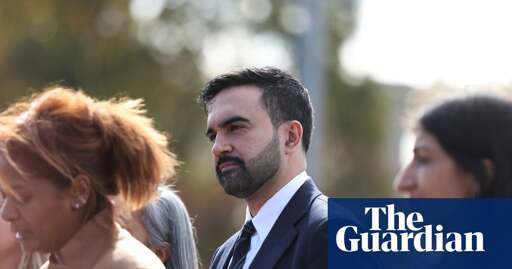After New York City’s race for mayor catapulted Zohran Mamdani from state assembly member into one of the world’s most prominent progressive voices, intense debate swirled over the ideas at the heart of his campaign.
His critics and opponents painted pledges such as free bus service, universal child care and rent freezes as unworkable, unrealistic and exorbitantly expensive.
But some have hit back, highlighting the quirk of geography that underpins some of this view. “He promised things that Europeans take for granted, but Americans are told are impossible,” said Dutch environmentalist and former government advisor Alexander Verbeek in the wake of Tuesday’s election.
Verbeek backed this with a comment he had overheard in an Oslo café, in which Mamdani was described as an American politician who “finally” sounded normal.



Giving money (especially in the form of services) to people who need it, immediatly injects money into the economy. Because needy people don’t save big sums. When they have money to spend, they spend it. It remains in circulation, serving the economy until it reaches the hands of someone who can afford to not spend it. The very instant money reaches rich folk it could just as easily not exist anymore for all the good it does then.
The US cannot afford tax breaks for the rich, but injecting money into services and payments for the poor has a really good return on investment for a country.